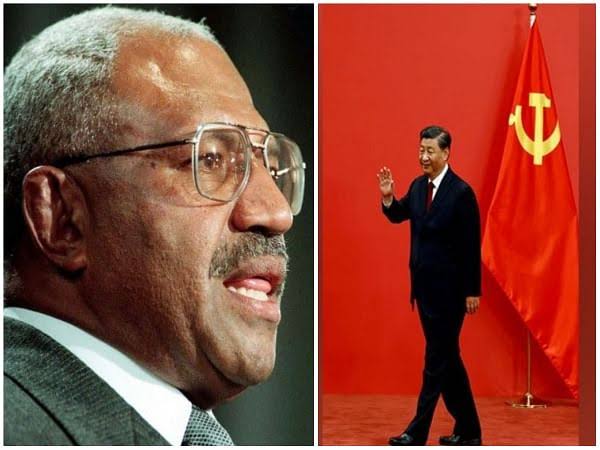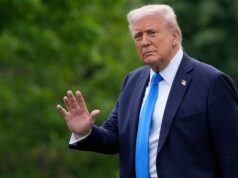Navigating dangerous waters : Fiji terminates security deal with Beijing

Fiji’s remarks over the termination of police training deal with Beijing had signalled that China has virtually lost the chance to be an ally of Suva and also to extend its influence in the Pacific region.
Recently, Fiji’s Prime Minister Sitiveni Rabuka said there is no need for Chinese state security personnel to continue working with the country’s Police Force as the systems are different.
Referring to the memorandum of understanding that Fiji and China signed in 2011, Fiji’s PM said, “There’s no need for us to continue, our systems are different”, according to The Fiji Times.
The MoU, linked in 2011, resulted in Fijian police officers undergoing training in China and Chinese officers being deployed to Fiji on attachment programs for three to six months. He said officers from other countries like Australia and New Zealand could stay because their systems were similar to Fiji.
This statement was not in favour of China, which is seeking to extend its influence in the Pacific region.
Rabuka, who is known for speaking his mind, has categorically said that he did not believe Beijing would have “too much influence” in the Pacific region, citing the new Labour government’s swift focus on the region since coming to power, according to The Singapore Post.
His remarks are in sharp contrast to Fiji’s earlier stand according to which China was more of a friend than a foe and a crucial partner in development. Rabuka had made his views known about China much before the elections. He had said that Fiji would pivot away from Beijing under his leadership. He had stated in August last year that he would rule out a security pact with China if he wins the government. He had also said that it was time his country returned to its ‘comfortable niche’ with Australia.
He wanted greater freedom for Fijians working in Australia now by becoming close to Australia. But his intentions hurt the sentiments of China. Under Fiji’s previous leader Frank Bainimarama, the pacific island had come closer to China. He introduced the ‘look north’ policy which allowed greater Chinese involvement in the country.
In recent years, China had also committed more and more money in the region, particularly in the form of loans, giving a signal for the debt trap, reported The Singapore Post.
China’s 10 Pacific allies, including Fiji, had signed on to the One trillion US dollars belt and road initiative. According to news reports, there are around 10,000 Chinese living there, a Confucius Centre located at the regional University of the South Pacific, as well as the presence of Chinese state media in the capital city.
Fiji attempted to increase its presence in the Pacific island and so hosted US Secretary of State Anthony Blinken last year in February. Blinken’s visit was aimed to curtail China’s influence in the Pacific region. Blinken’s visit 37 years to the tiny island, reflected how much also had changed geopolitically and the role of Fiji in this part of the world. However, Blinken’s team used the visit to reassure Pacific Island leaders of the Biden administration’s commitment to regional concerns, chief of which is climate change, following America’s return to the Paris Agreement. Maritime security and illegal fishing.
Blinken had raised the spectre speaking about China’s ambitions to become the “leading military, economic, diplomatic and political power, not just in the region, but in the world” and the need for a united front against Chinese expansionism, as per the report in The Singapore Post.
However for a long term solution, Fiji must turn towards India and strengthen its economic, cultural and military ties with India. Then only it will remain free from the tension generated due to Sinno American rivalry.




